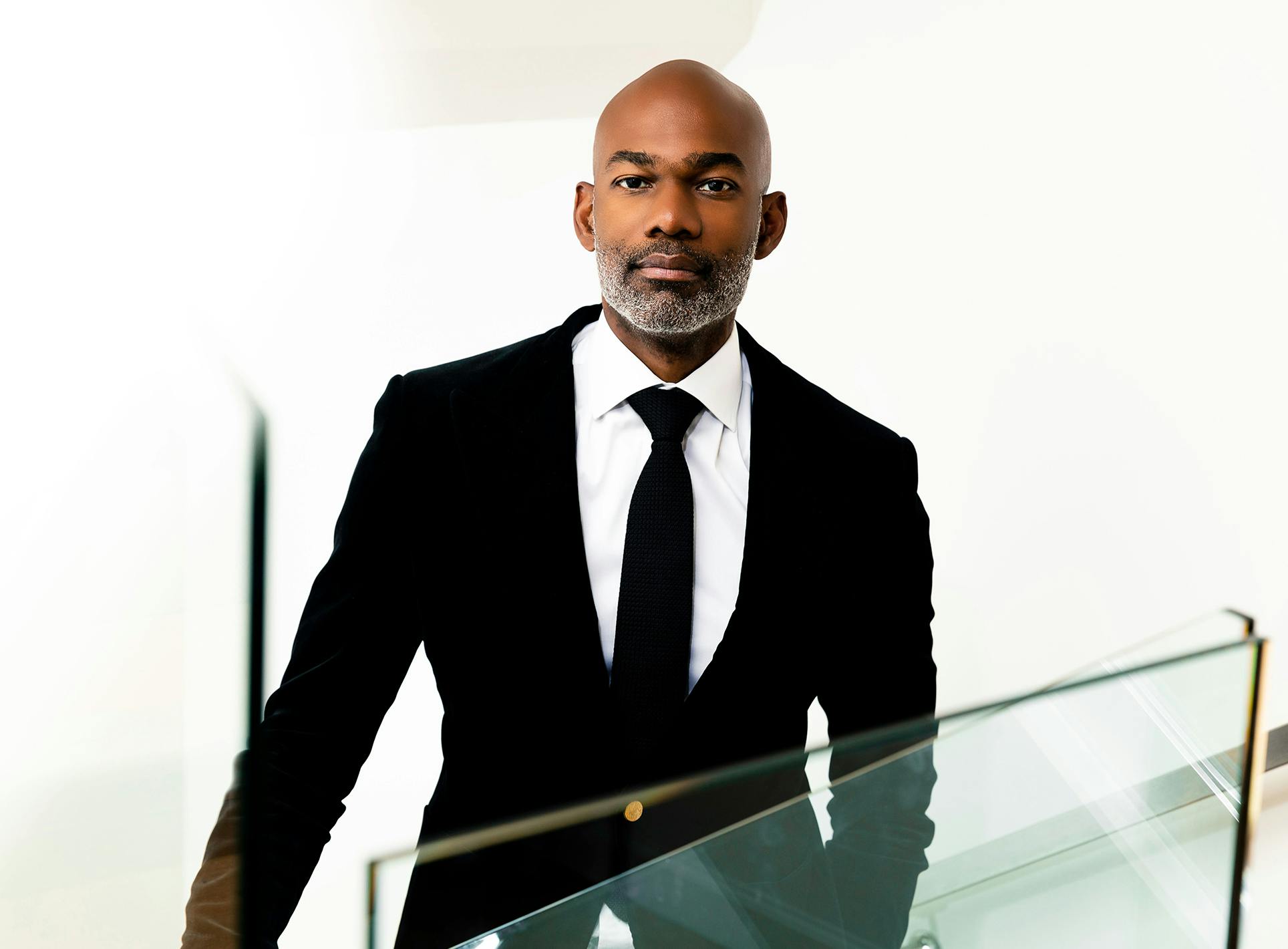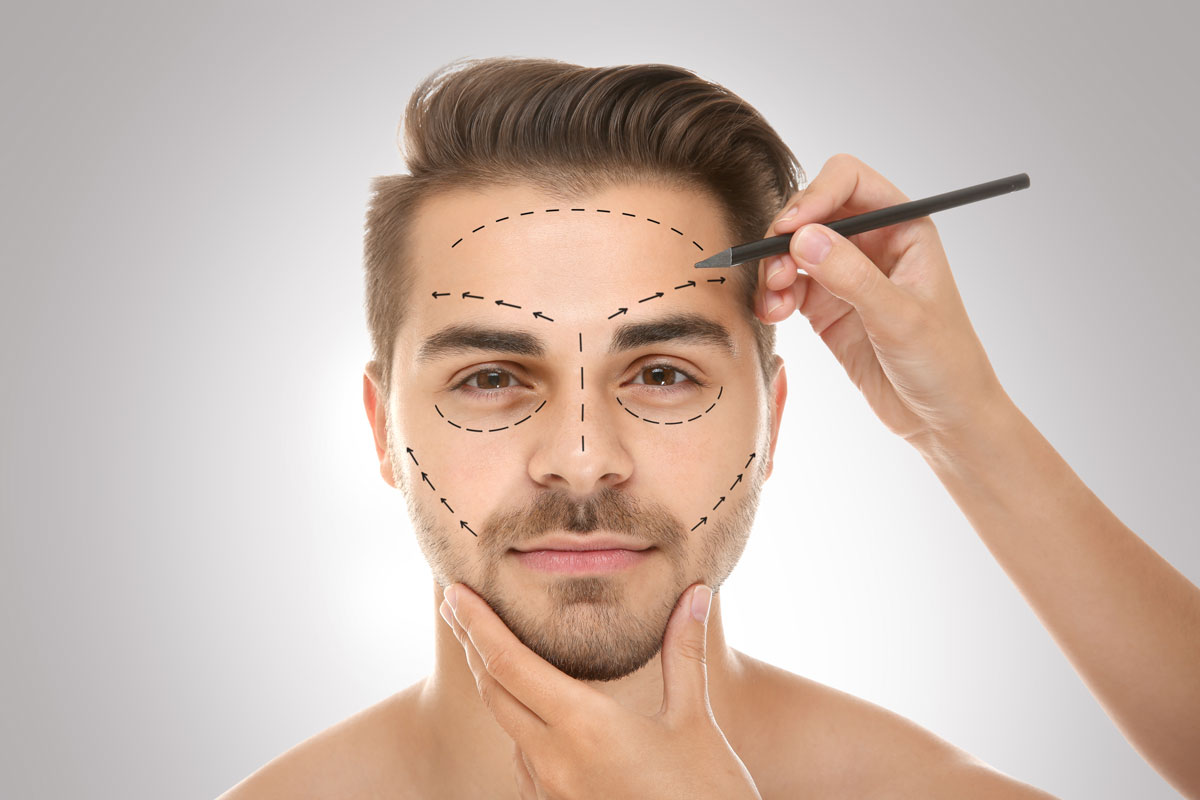Mommy Makeover Bellevue: Restore Your Pre-Baby Body with Specialist Care
Mommy Makeover Bellevue: Restore Your Pre-Baby Body with Specialist Care
Blog Article
A Deep Study the Common Reason for Seeking Aesthetic Surgical Procedure: Unloading the Need for Modification and Self-Improvement

Social Stress and Beauty Specifications
Frequently, social pressures and prevailing elegance criteria play a significant duty in individuals' decisions to pursue cosmetic surgical treatment (liposuction bellevue). In modern culture, aesthetic representation heavily affects personal understandings of appearance, often continued by media, celeb endorsements, and social platforms. These networks often advertise idyllic variations of appeal, leading people to internalize these criteria and evaluate their self-regard versus them

Furthermore, these pressures are not limited to details demographics; they affect people throughout numerous ages, genders, and histories, highlighting the pervasive nature of appeal requirements. This widespread impact increases crucial concerns concerning the values of cosmetic surgery and the implications of social criteria on private options. Eventually, understanding these pressures is vital for cultivating an extra inclusive interpretation of charm that celebrates variety.
Personal Experiences and Transformative Stories
Several people that go through plastic surgery report transformative experiences that prolong beyond mere physical adjustments. For lots of, these procedures work as a catalyst for enhanced self-worth and a renewed feeling of identity. People regularly describe sensation freed from enduring instabilities, causing boosted confidence in both professional and personal realms.
Take, for instance, the story of a girl who undertook boob job after years of sensation self-conscious regarding her appearance. Post-surgery, she reported not only a newly found comfort in her body however also a substantial renovation in her social life and job opportunities. Similarly, a middle-aged man that selected to go through a facelift shared just how the procedure renewed his outlook on life, prompting him to go after brand-new interests and connections.

Mental Factors Behind Plastic Surgery
Numerous psychological variables add to the choice to go through cosmetic surgical procedure, reflecting deeper psychological and psychological health and wellness considerations. People typically pursue surgical improvements as a way to resolve feelings of insufficiency, low self-confidence, or discontentment with their look. These mental inspirations can be rooted in past experiences, social contrasts, or individual desires.
Body image distortion is a widespread concern, where individuals regard their physical characteristics in an exaggeratedly adverse light. This distortion can cause obsessive ideas concerning viewed problems, triggering the wish for surgical change as a solution. Furthermore, the search of excellence and social stress can intensify these feelings, pressing individuals toward cosmetic procedures in hopes of achieving an idyllic variation of themselves.
In addition, the principle of self-improvement plays a crucial role. Numerous people watch cosmetic surgical treatment as a pathway to enhance their lifestyle, thinking that boosted look will lead to raised social approval, better connections, or improved occupation possibilities. Inevitably, the mental aspects behind plastic surgery emphasize the complicated interaction between specific self-perception and exterior impacts, disclosing the diverse nature of the need for modification.
The Role of Media in Perception
In today's society, media plays a critical duty in forming understandings of charm and self-worth. Via different platforms-- social media sites, television, and advertising-- idealized criteria of appeal are typically distributed, affecting specific ambitions and self-image. These portrayals often stress slim meanings of appearance, predominantly featuring youthful, slim, and electronically enhanced pictures, which can develop impractical standards for individuals aiming to adhere.
The effect of media is additional worsened by the pervasive nature of social media, where users are pestered with curated web content that highlights aesthetic enhancements, backing a society of comparison. This consistent direct exposure his comment is here can lead to feelings of inadequacy amongst viewers, prompting them to consider cosmetic surgery as a way of accomplishing the regarded perfect. Research suggests that people that engage with these media representations are more most likely to reveal discontentment with their appearance, enhancing the wish for medical interventions.
In addition, the normalization of cosmetic surgery in media stories can desensitize audiences, mounting such procedures as commonplace and even required for social acceptance. Hence, the media's representation of beauty not only influences specific choices pertaining to cosmetic surgical treatment but likewise adds to a wider social discussion concerning self-regard and identity.
Moral Factors To Consider and Future Trends
Amidst the expanding appeal of cosmetic surgical procedure, ethical considerations surrounding the technique have actually ended up being increasingly prominent. As the his comment is here demand for procedures rises, so too do concerns regarding informed approval, the emotional motivations of patients, and the possibility for exploitation by surgeons. It is vital for specialists to ensure that individuals totally understand the dangers and benefits, along with the ramifications of their options, to foster a responsible method to aesthetic enhancements.
Additionally, the influence of social networks and charm standards raises inquiries regarding the effect on mental health, particularly amongst susceptible populations. As understanding of body image concerns expands, honest technique necessitates a careful analysis of the inspirations behind medical treatments. Cosmetic surgeons should stabilize client needs with ethical duty, guaranteeing that choices are rooted in authentic self-improvement as opposed to social stress.
Wanting to the future, patterns might shift towards non-invasive and technologically advanced procedures, highlighting client security and complete satisfaction. Additionally, the consolidation of mental examinations could aid deal with underlying concerns prior to surgical treatment. The cosmetic surgery area have to adjust to these ethical challenges while advertising a society of transparency and self-acceptance, eventually focusing on the health of clients.
Conclusion
Finally, the quest of plastic surgery is influenced by a convergence of social stress, individual experiences, and emotional elements. The desire for placement with dominating charm standards, combined with the potential for transformative end results, highlights the intricate motivations driving people towards these procedures. Additionally, the function of media fit assumptions of elegance can not be underrated. As ethical considerations evolve, future patterns in cosmetic surgery will likely reflect continuous societal dialogues bordering self-improvement and individual identification.
Often, societal stress and prevailing beauty requirements play a significant duty in individuals' choices to go after cosmetic surgical procedure. liposuction bellevue. Eventually, these transformative stories highlight the diverse factors individuals look for cosmetic surgery, linking personal development with the pursuit of aesthetic enhancement
Lots of individuals watch cosmetic surgical treatment as a path to page improve their quality of life, thinking that improved look will lead to raised social approval, better partnerships, or improved career possibilities. Ultimately, the emotional elements behind cosmetic surgery emphasize the intricate interplay between individual self-perception and external impacts, disclosing the multifaceted nature of the desire for adjustment.
As ethical factors to consider develop, future trends in cosmetic surgery will likely mirror continuous societal dialogues bordering self-improvement and individual identification. liposuction bellevue.
Report this page